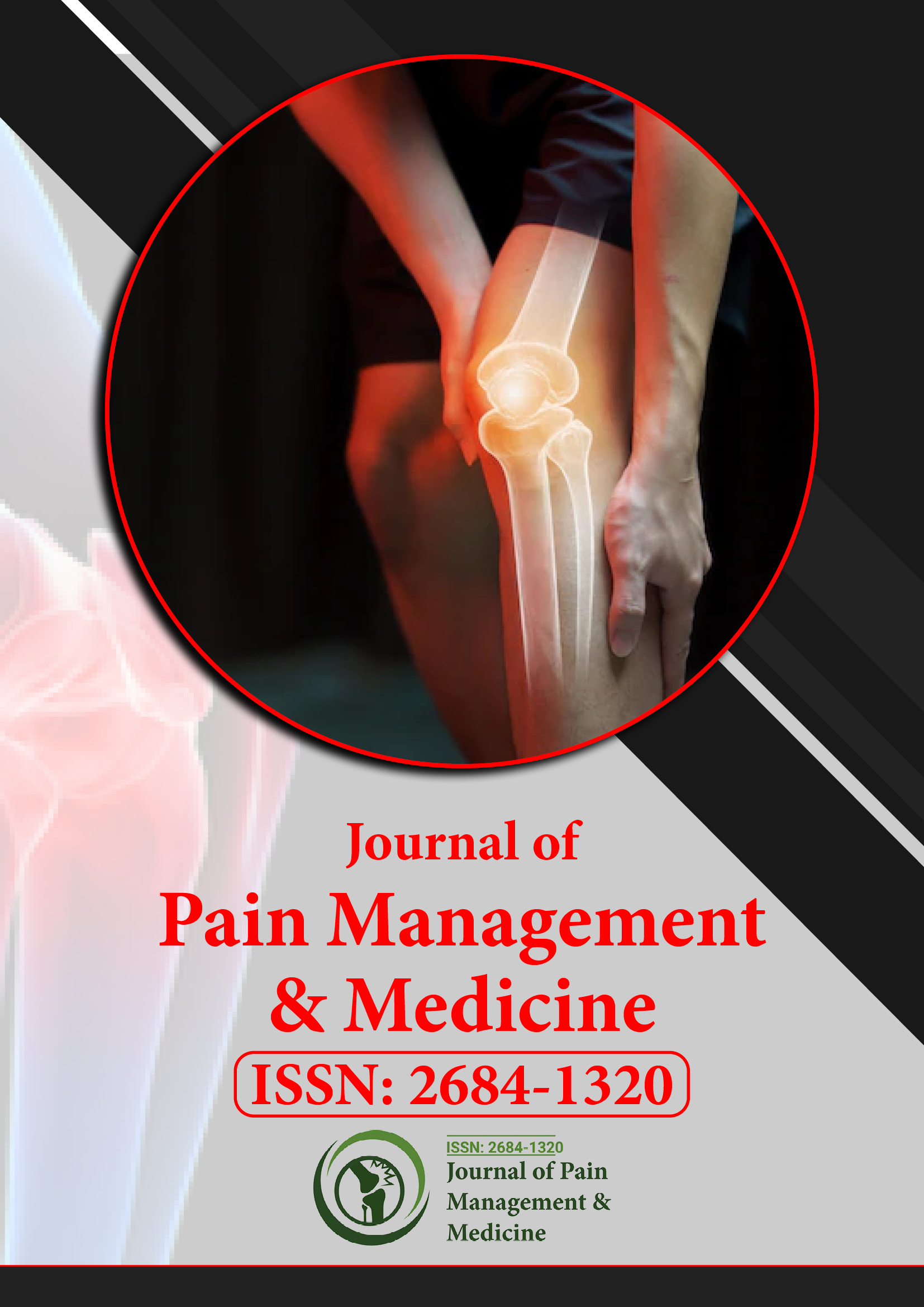Indiziert in
- RefSeek
- Hamdard-Universität
- EBSCO AZ
- Publons
- Euro-Pub
- Google Scholar
- Qualitäts-Open-Access-Markt
Nützliche Links
Teile diese Seite
Zeitschriftenflyer

Open-Access-Zeitschriften
- Allgemeine Wissenschaft
- Biochemie
- Bioinformatik und Systembiologie
- Chemie
- Genetik und Molekularbiologie
- Immunologie und Mikrobiologie
- Klinische Wissenschaften
- Krankenpflege und Gesundheitsfürsorge
- Landwirtschaft und Aquakultur
- Lebensmittel & Ernährung
- Maschinenbau
- Materialwissenschaften
- Medizinische Wissenschaften
- Neurowissenschaften und Psychologie
- Pharmazeutische Wissenschaften
- Umweltwissenschaften
- Veterinärwissenschaften
- Wirtschaft & Management
Abstrakt
Vergleich von gekühlter Radiofrequenzablation und Genicularnervenblockade zur Behandlung osteoarthritischer Knieschmerzen: Eine prospektive randomisierte Doppelblindstudie
Samer Khojah, Eyad Mitwali, Osama AlAhdal, Abdullah Kaki
Hintergrund: Osteoarthritis ist eine chronische degenerative Erkrankung, die erhebliche Schmerzen verursachen kann. Wenn konservative Therapien die Schmerzen nicht lindern, ist eine Operation keine Option. Andere Möglichkeiten wie die Genicular Nerve Blockade (GNB) mit einer Mischung aus Lokalanästhetika und Steroiden oder die Genicular Nerve Ablation mit einer gekühlten Radiofrequenzablation (CRFA) können eine Option sein.
Methoden: In dieser prospektiven, randomisierten Doppelblindstudie wurden 41 Patienten mit chronischen osteoarthritischen Knieschmerzen nach dem Zufallsprinzip entweder der CRFA (n=21) der Knienerven oder der GNB (n=20) an den superomedialen, superolateralen und inferomedialen Aspekten des Knies zugewiesen. Schmerzstatus und Patientenfunktion wurden anhand des numerischen Schmerzscores bzw. des Sfax Western Ontario McMaster Universities Osteoarthritis (WOMAC)-Index 3, 6, 9 und 12 Monate nach der Intervention bewertet.
Ergebnisse: Das Durchschnittsalter der Patienten betrug 71,2 ± 9,5 (Mittelwert ± SD) Jahre, wobei die weibliche Dominanz (73,2 %) deutlich war. Schmerzstärke, WOMAC-Score oder die verwendeten Medikamente unterschieden sich nicht signifikant zwischen den Gruppen (p>0,05). Die Reduktion des durchschnittlichen Schmerzscores und des WOMAC-Index (p<0,05) nach der Intervention war innerhalb der Gruppen signifikant unterschiedlich, jedoch nicht zwischen den Gruppen (p>0,05). Die Schmerzlinderung hielt bei CRFA-Patienten signifikant länger an (6,8 ± 4,61 Monate) als bei GNB-Patienten (2,9 ± 1,17 Monate) (p<0,05). Es wurden keine Komplikationen gemeldet.
Schlussfolgerungen: Sowohl CRFA als auch GNB waren bei der Schmerzlinderung und Funktionsverbesserung bei Kniearthrose signifikant wirksam. Hinsichtlich der Dauer der Schmerzlinderung ist CRFA GNB jedoch überlegen.